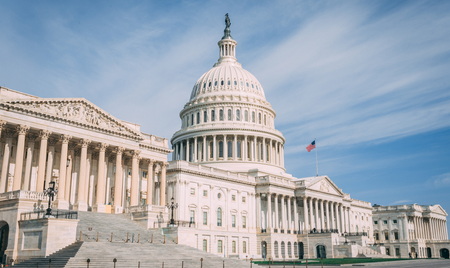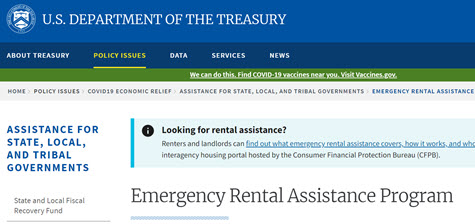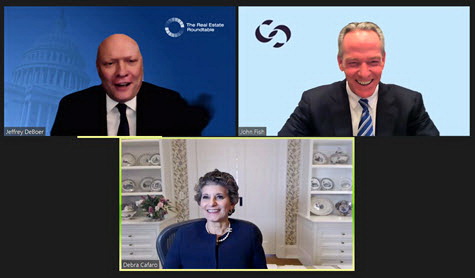
The Senate processed amendments this week on bipartisan legislation for hundreds of billions in new investments in the nation’s “physical” infrastructure. Majority Leader Chuck Schumer (D-NY) pushed to continue votes this weekend on the bipartisan measure – with further plans next week to separately consider an anticipated $3.5 trillion budget resolution for “human infrastructure” designed to pass with only Democratic support. (BGov, Aug. 6)
Bipartisan “Physical” Infrastructure Deal
The BID, Real Estate, and Community Development
“Human” Infrastructure Package
After Labor Day, Democratic members are expected to meet to decide on which provisions to include in the human infrastructure package, including tax increases on businesses and individuals.
# # #

The Biden administration reversed course this week and issued a new federal eviction moratorium on Aug. 3, responding to pressure from progressive Democrats to allow more time for billions in rent relief appropriated by Congress to reach tenants and landlords. (CDC news release and Wall Street Journal, Aug. 4)
New 60-Day Eviction Ban
Legal Challenge Redux

Need to Accelerate Federal Rent Assistance

Sperling stated during an Aug. 2 White House press conference that the Emergency Rental Assistance is “so important [because] it helps struggling landlords and struggling tenants. It can pay up to 18 month, forward or backwards, of back rent or back utilities. So, it is a way to make a landlord, who is struggling, whole, while also keeping that tenant and their family safe and secure.”
# # #

The Real Estate Roundtable this week announced its new FY2022 leadership, with John F. Fish (Chairman & CEO, Suffolk), above, elected as Chair for a three-year term starting July 1, 2021 – following an effective, productive term by Immediate Past Chair Debra A. Cafaro (Chairman & CEO, Ventas, Inc.). The Roundtable’s membership also approved a 22-member Board of Directors and committee officers. ( Roundtable news release, Aug. 5)
Policy Leaders

Photo - center: Debra Cafaro, top right: John Fish, top left: Jeffrey DeBoer
Roundtable Board and Committee Leadership
The Roundtable’s membership represents over 3 million people working in real estate; some 12 billion square feet of office, retail, and industrial space; over 2 million apartments; and more than 3 million hotel rooms. It also includes senior, student and manufactured housing as well as medical office, life science campuses, data centers, cell towers, and self-storage properties. The collective value of assets held by Roundtable members exceeds $3 trillion.
# # #
A group of 88 House Republicans, led by Rep. Randy Feenstra (R-IA), above, sent a letter to President Joe Biden on Aug. 3 urging him “not to damage the livelihood of farmers everywhere by repealing or changing like-kind exchanges.” ( Coalition letter and Feenstra news release)
Agriculture Sector Impact
Roundtable’s Strong Support for LKEs
The coalition “1031 Builds America” provides an online method for stakeholders to share their experiences with LKEs with members of Congress, and urge them to preserve Section 1031.
# # #